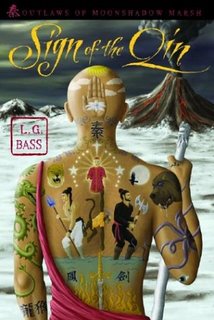
I really liked this Newbery winning book, one of the first Newberys in a while that had delighted me. Sadly, many of the students who have read it tell me they don’t like it – so I’m going to say why I did like it, and then let folks who didn’t like it say their piece. I think it is well-written. There is a flow to it and a clever story that engaged me right up front. I LOVED the author stepping out of her silent role to make sly comments on the action. I think it really works on a lot of levels – a cute kid’s story, a satiric adult piece. So that’s my two bits. Detractors, your turn.







